Part Three of Saving Refugees in Nigera By Chris Kenning
 As dawn broke over a camp of thousands of refugees in their own country, a crowd of Nigerian women gathered at a raised concrete water tank with yellow plastic buckets and ropes.
As dawn broke over a camp of thousands of refugees in their own country, a crowd of Nigerian women gathered at a raised concrete water tank with yellow plastic buckets and ropes.
Roosters crowed, Islamic calls to prayer were sung in the distance and smoke from early morning cooking fires drifted over the thatch and blanket shelters of 24,000 hungry, thirsty and sick residents, pushed from their homes by the Islamic insurgent group Boko Haram and its fight with the army.
Atop the tank, I watched Sulaiman Gumi shine a flashlight on an “internally displaced person” volunteer, who he’d trained to measure out bleach the created the night before with a WaterStep device. After pouring it into the tank and waiting for it to work, he was taking a measurement, squinting at the test results to be sure the water was now safe.
As soon as the word was given, the crowd rushed the tank amid the sound of buckets splashing into water as dozens lined up containers.
We were in Mongonu, located northeast of Maiduguri, less than 20 miles from the border of Chad and Cameroon. Here, WaterStep’s Portable BleachMaker is making water safe for 24,000 residents with just a car battery, table salt and a team of volunteers. It’s all organized by Sulaiman’s Nigerian NGO, Victims of Violence, which is partnering with WaterStep to help bring relief.
Along with sanitation training, the BleachMaker is reducing the risk of waterborne illnesses from cholera to typhoid in a region where a humanitarian crisis has left millions in severe need of food, clean water  and shelter – leading the UN to warn that tens of thousands of children could die in the coming months.
and shelter – leading the UN to warn that tens of thousands of children could die in the coming months.
“When a child is already weakened by malnutrition and illness, a waterborne illness can kill them,” Sulaiman said, something reinforced when we came across a boy camped under a tree with his mother sick and unable to even stand.
The chlorination also ensures that water stays clean after being collected, instead of being contaminated immediately after because of poor sanitation, dirty collection points and open defecation in some areas of a camp.
It was one of the projects installed by Victims of Violence, who were trained and equipped by WaterStep after a visit to Louisville last year.
Another is in Maiduguri, the birthplace of Boko Haram and the capital of the war-torn Borno state.
There, a sprawling IDP camp was carved out of a civil service housing project whose construction was halted to house internally displaced persons. Here, many homes are made of sturdier wood and plastic sheeting.
In a school for 2,700 students – including orphans – Victims of Violence trained IDP teachers at the school to use WaterStep’s M-100 chlorinator, salt, and a car battery to purify a large tank that leads to taps exclusively for use of the children.
During one break on a hot morning, children rushed from the UNICEF tents used as classrooms to the water source, packing tight lines and jostling for a chance to cup their hands and drink.
Nigerian Army Captain Mohammed Lawal told us it’s helping reduce waterborne illness and, as a result, reducing absences from school.
 On one day, Sulaiman trained volunteers at the camp’s other school, which serves 2,000 children, to use an M-100 to purify their own water.
On one day, Sulaiman trained volunteers at the camp’s other school, which serves 2,000 children, to use an M-100 to purify their own water.
But the need here is as big as an ocean. We came across an impromptu camp of rural farmers who were sick, living under scraps. An Army soldier pointed out the trench they’d dug to use in case of attack from Boko Haram, and residents were stomping out the remains of a thatch hut that had caught fire in the hot desert wind.
They had a well but it wasn’t chlorinated. And many still got their drinking water from a standing water used by cattle and for residents to bathe.
Not long after, Sulaiman was using paper to sketch out a plan for tanks, taps, pumps and pipes.
“I think we can help,” he said. “If we can bring them water from the riverbed, close to them, and chlorinate it, it would have a big impact.”
But all that takes time and money. Please consider helping.
If you have been inspired by Chris’s Updates from the field, please consider making a year end donation here.

